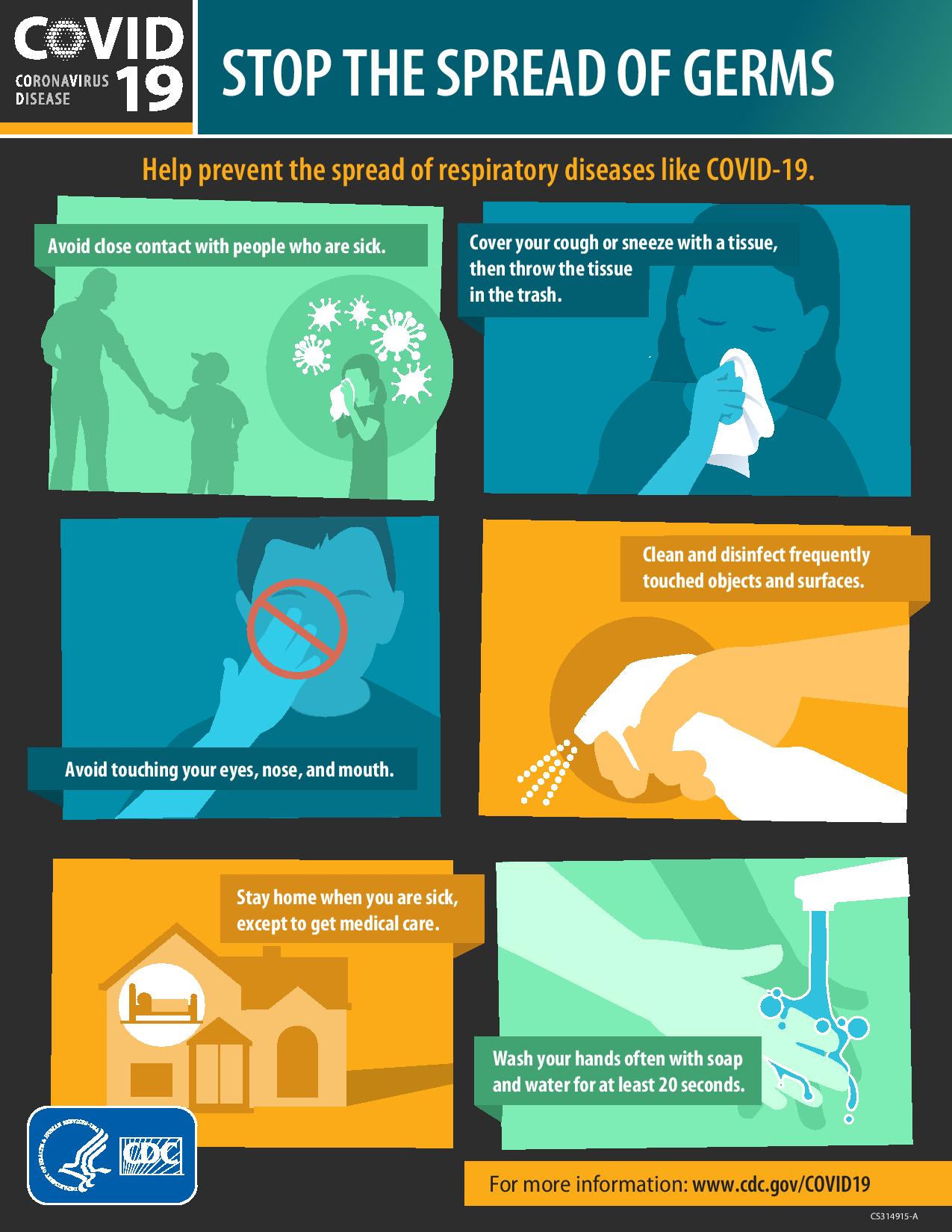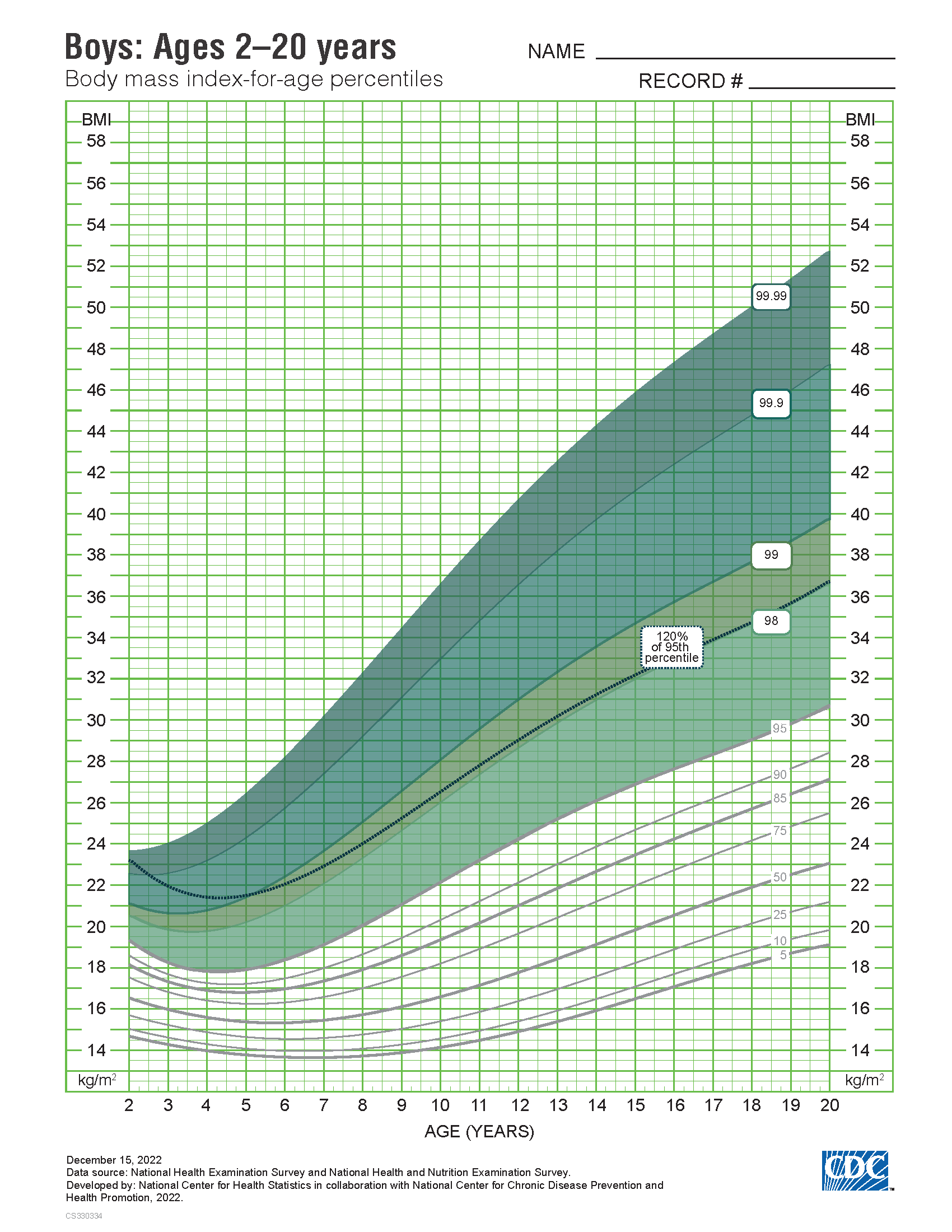So, here's the deal—when we talk about public health, one name always pops up: the CDC. Now, you might be wondering, what exactly is the CDC's role in all of this? Well, buckle up, because we're about to dive deep into the world of health regulations, disease prevention, and everything in between. The Centers for Disease Control and Prevention (CDC) is more than just a fancy acronym; it's a powerhouse shaping global health policies. Stick around, because this is going to get interesting.
In today's world, understanding what the CDC's responsibilities are has become more important than ever. From tracking outbreaks to providing guidelines for healthcare workers, the CDC plays a crucial role in keeping us safe. But how exactly does it do that? And why should you care? Let's break it down step by step, because knowledge is power, right?
Before we get too far ahead of ourselves, let's set the stage. The CDC isn't just some random government office. It's a massive organization with a mission to protect public health and safety through the control and prevention of disease, injury, and disability. So yeah, they're kind of a big deal. Now, let's explore what the CDC's role really looks like in action.
- Meet Chuck Schumers Wife The Woman Behind The Senator
- Hamel Veronica The Rising Star You Need To Know About
Understanding the CDC's Mission
Alright, so the CDC's mission is pretty straightforward: protect public health and safety. But what does that actually mean? Let's break it down. The CDC focuses on preventing disease, promoting health, and preparing for emergencies. That means everything from monitoring flu outbreaks to creating guidelines for safe food handling. They're like the Swiss Army knife of public health—always ready with a solution.
One of the most important things the CDC does is gather data. They collect information from all over the world to track diseases and health trends. This data helps them identify potential threats and develop strategies to combat them. For example, during the COVID-19 pandemic, the CDC was instrumental in tracking the spread of the virus and providing guidance on how to stay safe. It's all about being proactive, folks.
Key Areas of Focus
- Disease Prevention: The CDC works tirelessly to prevent the spread of infectious diseases like measles, tuberculosis, and HIV.
- Health Promotion: From smoking cessation programs to nutrition guidelines, the CDC promotes healthy lifestyles.
- Emergency Preparedness: Whether it's a natural disaster or a pandemic, the CDC is always ready to respond.
What is the CDC's Structure?
Now that we know what the CDC's mission is, let's talk about how it's organized. The CDC is part of the U.S. Department of Health and Human Services (HHS), and it's headquartered in Atlanta, Georgia. But don't let the location fool you—the CDC's reach extends far beyond the United States. They have offices and partners all over the world, working together to tackle global health challenges.
- Lisa Welchel The Multitalented Mom From Americas Favorite Sitcom
- Unveiling The Charismatic Outlander Character Jamie A Deep Dive Into His World
The CDC is divided into several centers, institutes, and offices, each with its own specific focus. For example, there's the National Center for Chronic Disease Prevention and Health Promotion, which focuses on long-term health issues like diabetes and heart disease. Then there's the National Center for Emerging and Zoonotic Infectious Diseases, which deals with, you guessed it, emerging diseases. It's like a well-oiled machine, with each part playing a crucial role in the bigger picture.
Who Runs the Show?
At the helm of the CDC is the director, who oversees the entire operation. The current director is Dr. Rochelle Walensky, a respected epidemiologist with years of experience in public health. Under her leadership, the CDC has continued to evolve and adapt to new challenges. But the CDC isn't just one person—it's a team effort, with thousands of dedicated professionals working together to protect public health.
What is the CDC's Impact on Global Health?
Okay, so we've talked about the CDC's role in the U.S., but what about the rest of the world? The truth is, the CDC's impact is felt far beyond American borders. Through partnerships with organizations like the World Health Organization (WHO), the CDC works to improve global health outcomes. From fighting malaria in Africa to combating antibiotic resistance in Asia, the CDC is a key player on the world stage.
One of the CDC's most significant contributions to global health is its work in disease surveillance. By tracking diseases and health trends around the world, the CDC helps identify potential outbreaks before they become pandemics. This early warning system is crucial for preventing widespread illness and saving lives. It's like having a global health watchdog, always on the lookout for trouble.
Success Stories
- Smallpox Eradication: The CDC played a key role in the global effort to eradicate smallpox, one of the greatest public health achievements in history.
- HIV/AIDS Response: The CDC has been at the forefront of the fight against HIV/AIDS, providing research, funding, and support to affected communities worldwide.
- Polio Vaccination: Through partnerships with organizations like Rotary International, the CDC has helped bring us closer to a polio-free world.
What is the CDC's Role in Disease Prevention?
Alright, let's talk specifics. One of the CDC's main responsibilities is preventing the spread of disease. They do this through a variety of methods, including vaccination programs, health education, and research. For example, the CDC works closely with healthcare providers to ensure that vaccines are safe and effective. They also provide guidelines for things like handwashing and mask-wearing to help prevent the spread of germs.
But disease prevention isn't just about stopping outbreaks—it's also about promoting healthy lifestyles. The CDC provides resources and support for things like smoking cessation, healthy eating, and physical activity. By addressing the root causes of disease, the CDC helps reduce the overall burden of illness on society. It's all about prevention, folks—because an ounce of prevention is worth a pound of cure.
Challenges and Controversies
Of course, the CDC isn't without its challenges. One of the biggest issues they face is misinformation. In today's world of social media and fake news, it can be hard to get accurate information out to the public. The CDC works hard to combat this by providing science-based guidance and resources. But sometimes, even the best intentions can lead to controversy. For example, during the early days of the COVID-19 pandemic, the CDC faced criticism for its handling of testing and guidelines. It's a tough job, but someone's gotta do it.
What is the CDC's Role in Emergency Preparedness?
Now, let's talk about emergency preparedness. When disaster strikes, the CDC is one of the first organizations on the scene. Whether it's a natural disaster like a hurricane or a man-made crisis like a bioterrorism attack, the CDC is ready to respond. They work closely with local, state, and federal agencies to ensure a coordinated response. It's all about being prepared for the worst while hoping for the best.
One of the key tools in the CDC's emergency preparedness arsenal is the Strategic National Stockpile. This is a collection of medical supplies and equipment that can be deployed in emergencies. The CDC also provides training and resources for healthcare workers and first responders, ensuring they're ready to handle whatever comes their way. It's like having a health emergency SWAT team, ready to roll at a moment's notice.
Examples of Emergency Response
- Hurricane Katrina: The CDC played a key role in the response to Hurricane Katrina, providing medical care and resources to affected communities.
- Ebola Outbreak: During the 2014 Ebola outbreak in West Africa, the CDC worked tirelessly to contain the spread of the virus and provide support to affected countries.
- COVID-19 Pandemic: The CDC's response to the COVID-19 pandemic has been one of the most significant public health efforts in recent history.
What is the CDC's Role in Health Education?
Finally, let's talk about health education. One of the CDC's most important functions is educating the public about health and safety. They provide a wealth of resources on topics like nutrition, exercise, and disease prevention. From fact sheets to videos, the CDC makes it easy for people to get the information they need to stay healthy.
But health education isn't just about giving people information—it's about empowering them to make better choices. The CDC works to address health disparities and promote health equity, ensuring that everyone has access to the resources they need to live a healthy life. It's all about leveling the playing field and giving everyone a fair shot at good health.
Resources for the Public
- Fact Sheets: The CDC provides detailed fact sheets on a wide range of health topics, from cancer prevention to mental health.
- Guidelines: From handwashing techniques to mask-wearing protocols, the CDC offers clear guidelines to help people stay safe.
- Training Programs: The CDC offers training programs for healthcare workers and public health professionals, ensuring they have the skills they need to succeed.
Conclusion
So, there you have it—the scoop on what the CDC's role is in public health. From disease prevention to emergency preparedness, the CDC is a vital player in keeping us safe and healthy. But the work doesn't stop here. As new challenges arise, the CDC will continue to evolve and adapt, always striving to protect public health and safety.
Now, here's where you come in. If you've learned something new today, why not share this article with your friends and family? Knowledge is power, and the more people know about the CDC's work, the better equipped we all are to face the health challenges of tomorrow. And hey, if you have any questions or comments, feel free to drop them below. We'd love to hear from you!
Table of Contents
- Understanding the CDC's Mission
- What is the CDC's Structure?
- What is the CDC's Impact on Global Health?
- What is the CDC's Role in Disease Prevention?
- What is the CDC's Role in Emergency Preparedness?
- What is the CDC's Role in Health Education?



Detail Author:
- Name : George Trantow
- Username : alfredo81
- Email : reuben.schiller@hill.org
- Birthdate : 1975-07-15
- Address : 416 Madison Plains Port Joyceshire, AZ 91623-9759
- Phone : 810.647.7775
- Company : Paucek, Kautzer and Hills
- Job : Bookkeeper
- Bio : Illum est occaecati quaerat unde dolorem. Optio necessitatibus rerum necessitatibus corporis quaerat harum assumenda sapiente. Quaerat vel alias dolorem possimus.
Socials
linkedin:
- url : https://linkedin.com/in/fionazieme
- username : fionazieme
- bio : In facilis voluptatum culpa incidunt.
- followers : 358
- following : 2440
instagram:
- url : https://instagram.com/fiona_dev
- username : fiona_dev
- bio : Ullam rem saepe incidunt fugit dicta. Qui ullam provident et.
- followers : 1111
- following : 670